Highlights Of The 2018/2019 Budget
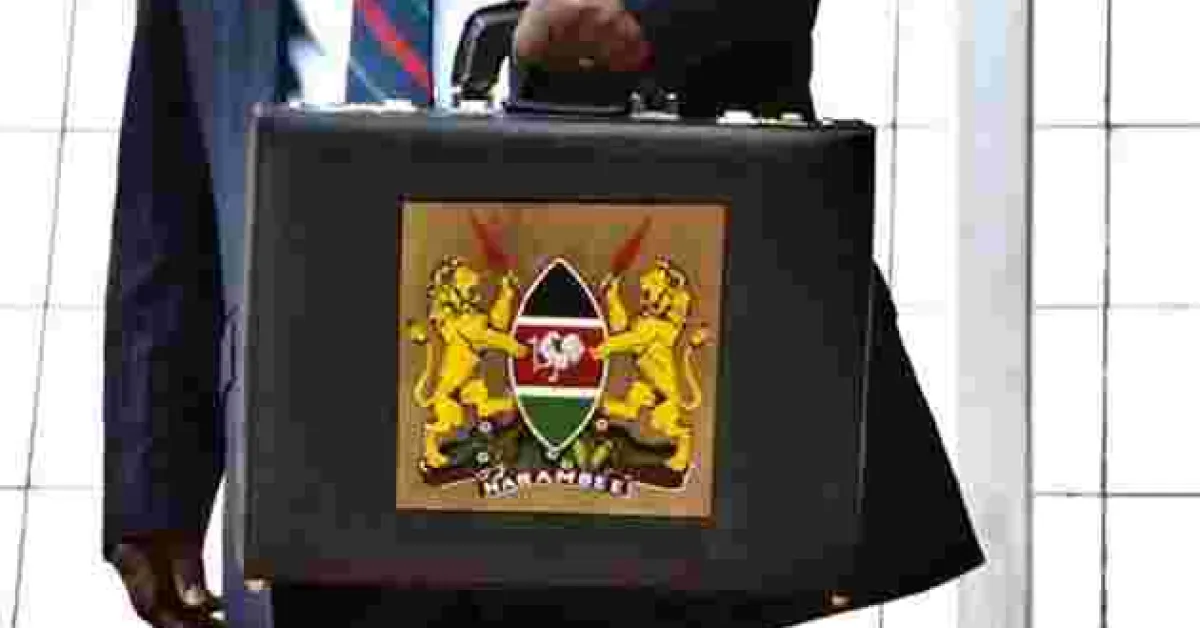
Treasury Cabinet Secretary Henry Rotich has indicated that Kenya will spend approximately Ksh2.55 trillion in the 2018/2019 financial year.
Reading the Sh3.07 billion total budget for the fiscal year at the National Assembly on Thursday afternoon, Rotich noted that the government projects the country's economy will grow by 5.8% in 2018.
"We project the economy to grow by at least 5.8 percent this year supported by growing investor confidence, improved agriculture activities bolstered by favorable weather…and improved demand for exports due to improved global and regional growth.”
“We project the fiscal deficit to narrow to 5.7 percent of GDP in 2018/19 from the estimated 7.2 percent of GDP in the 2017/18 financial year."
Th CS mentioned agriculture, favorable weather and increase in exports as the key drivers of the economy during the time, while noting that the economy generated 898,000 jobs in 2018.
In a bit to hit the targeted revenue collection, Rotich has proposed increase in import exercise duty from 20% to 30% on private passenger cars whose capacity is more than 2500cc for diesel and 3000 cc for petrol vehicle, rubbing the MPs the wrong way.
The CS has further proposed 0.05% tax on cash transfer of more than Sh 500,000 and an increase of duty on mobile money transfer from 10% to 12%.
“Our economy has a well established financial sector in the region with significant sums of money transferred monthly. In order for the government to get a fair share of revenue from these financial activities and to finance critical government programmes I propose to introduce a robin hood tax of 0.05% of any amount of ksh500,00 or more transferred through banks and other financial institutions,” said Rotich.
"In addition, I have increased exercise duty fee charged on money transfer services by cellular phone service providers from 10 percent to 12 percent. The revenue realised from these measures shall be used to fund universal healthcare."
Rotich also announced an increase from 25% to 35% taxation on imported iron material, in a bid to increase local consumption, same to paper products. In order to encourage uptake of locally manufactured clean energy sources, the state will levy 100% import duty on imported stoves, Rotich said.
Sh3 billion has been allocated to securing Kenyan borders, Sh9.2 billion for leasing of police cars and Sh6.5 billion for police health insurance scheme.
To narrow the deficit of teachers in the country, the CS said Sh5 billion will be used to hire more tutors.
Sh115.9 billion will be used for construction of roads, Sh74.7billion for the second phase of Standard Gauge Railway, Sh2.7 billion for Mombasa port and Sh1.4 billion for airports in Malindi, Isiolo and Lokichogio.
To boost the energy sector, the government has allocated Sh12.7 billion for production of geothermal energy and Sh4.8 billion for oil and gas exploration.
In this year’s budget, all the 47 counties will receive a total allocation of Sh376.4 billion.
Sh800 million will be used to clean Nairobi River.
To boost tourism sector, the CS has allocated Sh340 million to efforts in sustaining new tourism markets, Sh380 million to capital lending for hoteliers and Sh325 million for restoration of Fort Jesus.

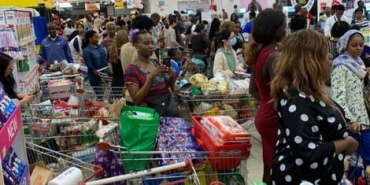
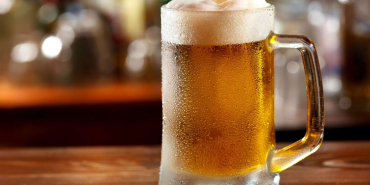
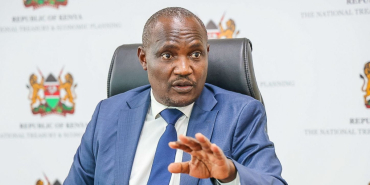






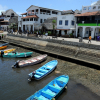



Comments
What part of the budget is…
Permalink
What part of the budget is allocated to the development and preservation of our local languages?
Add new comment